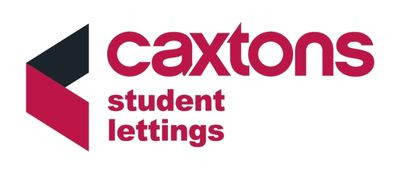4 bed student house to rent Castle Street, Canterbury, CT1
2026/2027 - 4 BED, 2 BATHROOM STUDENT/ SHARER PROPERTY - BILLS INCLUSIVE PRICE @ £132.69 PER PERSON PER WEEK! Level Up Your Canterbury Uni Life...
Facilities
-
Central Heating
-
Cooker
-
Desk & Chair
-
Double Bed
-
Freezer
-
Fridge
-
Garden
-
Lockable Bedroom
-
Microwave
-
Outdoor Area
-
TV (communal)
-
Vacuum Cleaner
-
Washing Machine
-
WiFi
Rent & Availability
-
Rent: £109 pppw (£434 property/week)
-
Beds: Whole property (4 beds)
-
Move in: 01 Jul 2026
-
Move out: 30 Jun 2027
-
Minimum contract: 52 weeks
-
Deposit: £400 pp
-
Bills included: There are no bills included
-
Rental type: Whole property
-
Council tax band: Not set
Location
£109 pppw (£434 property/week)
Whole property (4 beds)
01 Jul 2026
30 Jun 2027
£109 pppw (£434 property/week)
4 beds
01 Jul 2026
30 Jun 2027





